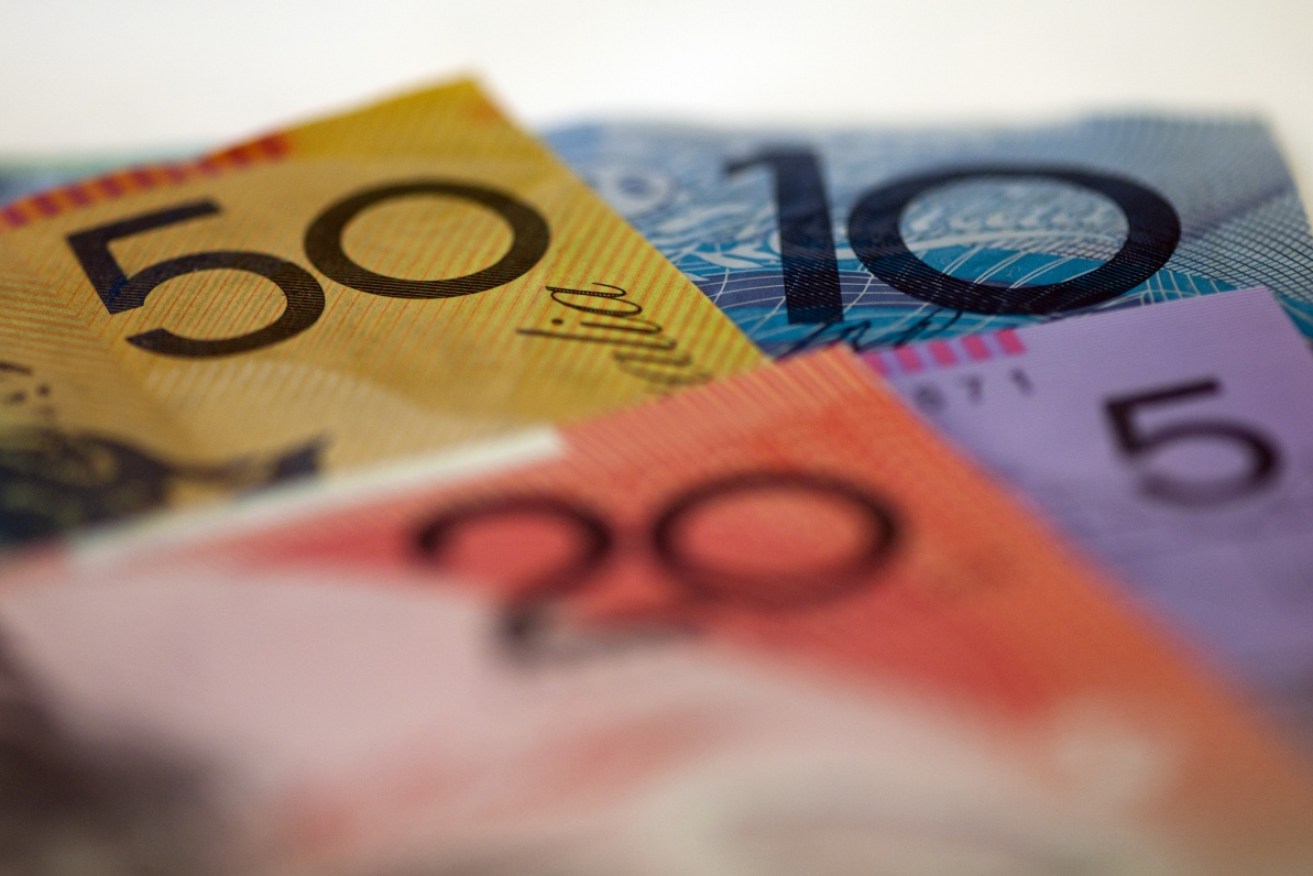A low-tax nation with growing debts? What a surprise


Ideologues celebrate low tax revenues, but then complain we can't pay down our debts. Photo: Getty
Government debt has become such a politicised issue in Australia in the past decade, that one retiree I know explodes whenever it’s mentioned.
“I’m that worried I can’t sleep at night!” he tells me.
So do I dare tell him the International Monetary Fund is also increasingly worried?
In its latest report on government debt around the world, it points out that Australia’s debt has grown at a faster rate than in any country besides Japan and Spain since the global financial crisis.
That’s a scary thought, but still no cause for sleeplessness – state and federal debts combined are worth 42 per cent of GDP compared to an average 105 per cent across the developed world.
Net federal government debt is around half that and if budget projections are to be trusted – and they’re usually not – that’s expected to peak at 20 per cent of GDP next financial year and to be paid down to 8.5 per cent over the next 10 years.
That last figure is pure pie in the sky, of course. One decent financial crisis or terms-of-trade shock would make that nothing more than a pleasant fiction.
Indeed, the lack of reliability in the budget forecasts is one reason Deloitte Access economist Chris Richardson has been urging the government not to use billions in unexpected tax revenues this year to make income tax cuts in the May budget.
Other side of the coin
While my friend paces about at night fretting, overseas observers perusing the IMF data must wonder what all the fuss is about.
That’s because two numbers make us unusual in global terms, not just one.
Besides the ‘rapidly growing debt’ statistic, there are also the ‘unwillingness to raise tax revenue’ numbers described earlier this week.
OECD data places us 28th out of 35 developed nations in the tax-to-GDP stakes.
For ideologues on the right of politics, that’s a badge of honour.
But in an era of baked-in increases in public spending to cope with an ageing population, our low tax revenues of just 28.2 per cent of GDP across all levels of government just won’t cut it.
Who should pay?
If you accept that a few percentage points of extra tax revenue wouldn’t kill us, the obvious question is ‘who should we pay more’?
In an ideal world, economists would make everyone pay a bit more through indirect taxes – especially the GST and land taxes.
But since both are difficult to increase for political reasons – and full marks to the ACT government for embracing a broad-based land tax – an increase in revenues has to come from elsewhere.
Income tax already makes up too much of the tax take in Australia (see chart below), so the overall tax take can’t be increased there – though concessions such as negative gearing, the capital gains tax discount or those available through tax structures such as family trusts, still need scaling back.
The really big hole in our tax system, which isn’t obvious from the chart above, is in company tax.
Australia’s effective company tax is nowhere near as high as in the US – the nation we’re all supposed to be keeping up with since President Donald Trump cut taxes and blew a Grand Canyon-sized hole in his own tax revenues.
So there is no need, in the current fiscal context, to cut company taxes, especially since most of the benefit of such a cut would flow to foreign investors who have already invested here.
There is, however, a pressing need to get profit-shifting multinationals to pay more of their fair share, and thereby increase company tax revenues without increasing the headline rate.
As Labor’s Andrew Leigh summed up the situation recently: “Our tax system works pretty well for big multinationals and individuals who can pay the best accountants to gain tax advantages that others can neither afford, nor access. But it’s middle- and working-class families who pick up the slack and they wear the cuts to schools, the cuts to hospitals, the cuts to public transport and all the other things that government is meant to do.”
Fix those holes, and we’ll all get a better night’s sleep.








